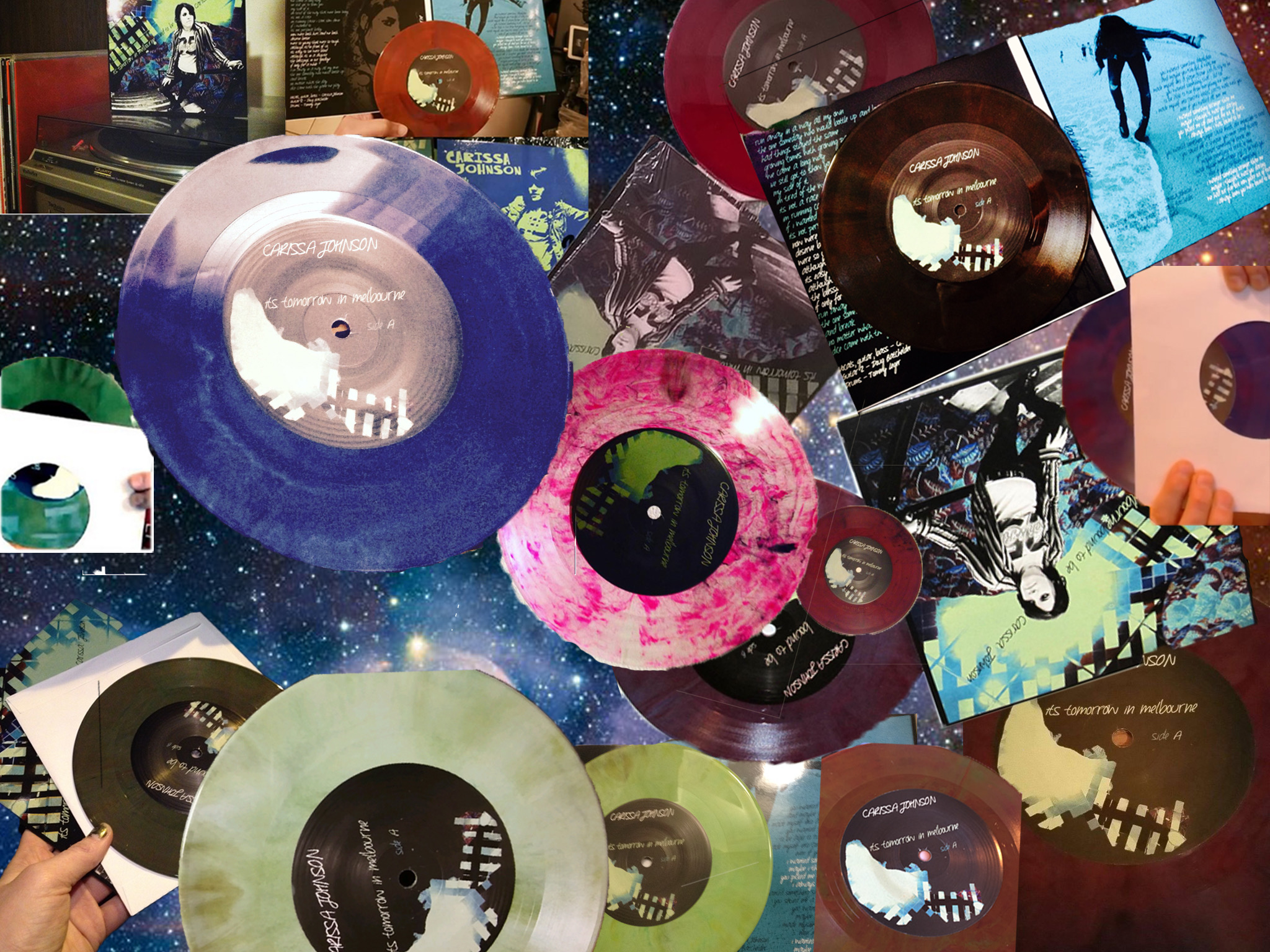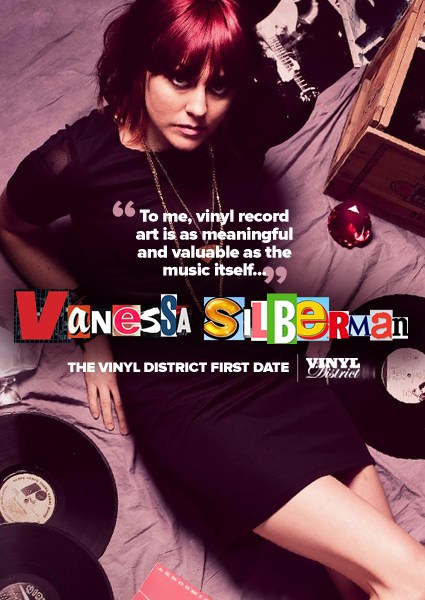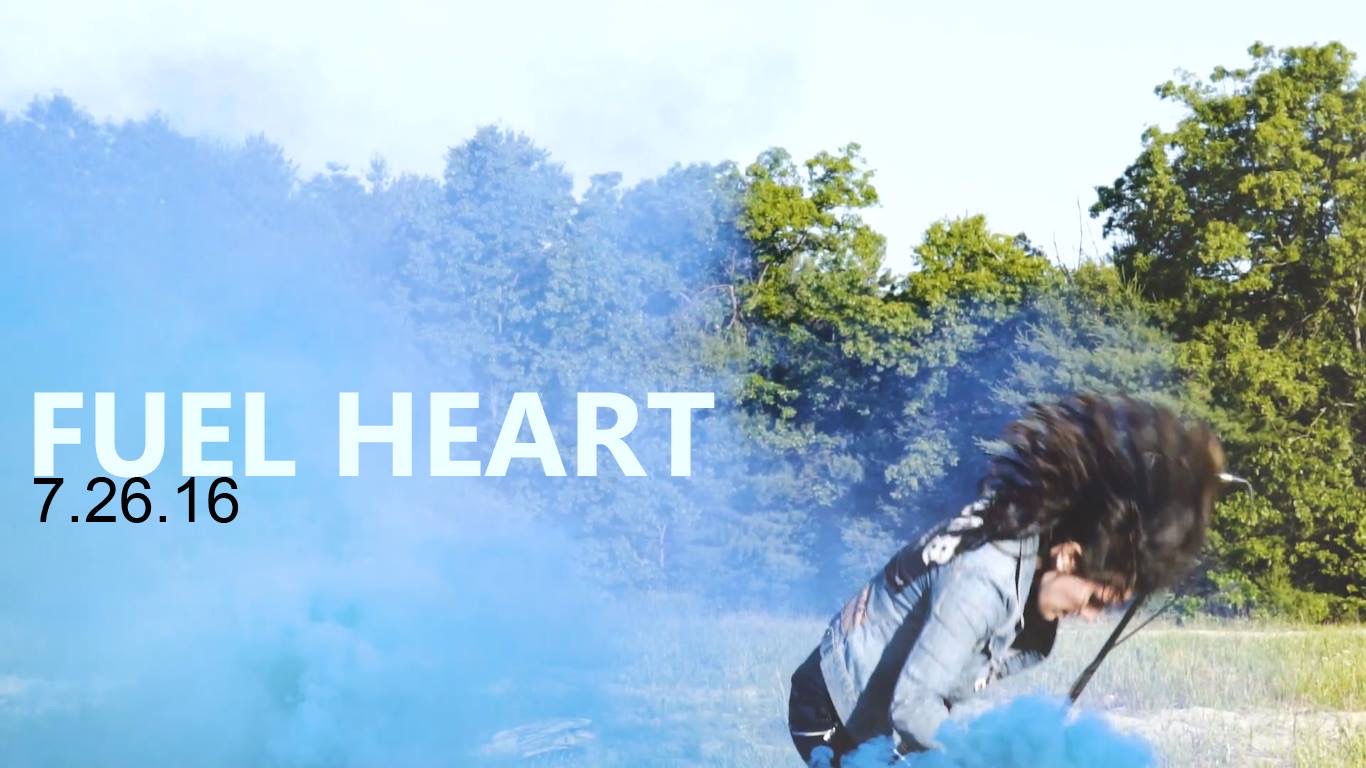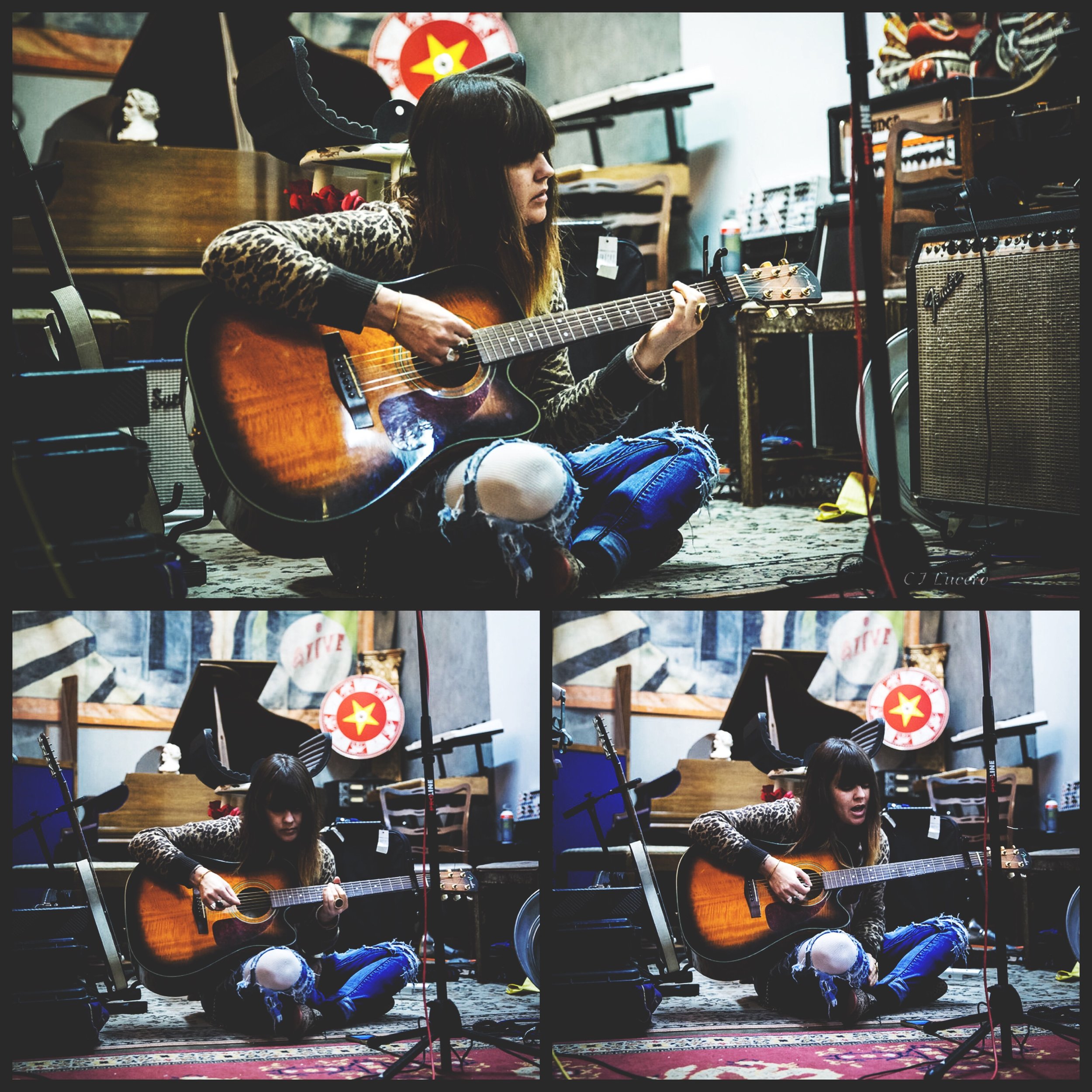After playing some local shows, establishing yourself on social media, telling all your friends and new fans about your band or project, then planning recording, going into the studio, and finishing your first recording, (Single, EP or Full Length) you are probably ready to release some material! Even if you haven’t played out live yet and no one knows about the project you’ve been writing for or practicing with - releasing a song could be a great way to let everybody know about it as these days (depending on genre & direction) there are dozens of ways, both traditional and new school, to release material.
Whether it’s a single, an EP, or a full length album, the process could be looked at the same. You have the material, shows, you’re building your name and your image / music brand, and the object is to line up all the pieces so they work together. Getting the order of tasks so they start building and continue the building momentum is key! We’ll go over a few ideas in this post - Though keep in mind these ideas aren’t the only ways to do a release.
Before you release a song or an album (EP or LP), you’ll have to do some preparation and planning. Setting up a release is a lot like recording pre-production, but on a different front - time-line, social media, content, online promotion, digital distribution, and coordinating with numerous people. It’s pretty much thinking in terms of a musical “to do” list in order to get your newly recorded song(s) out into the world - and letting people know about it!
Before setting up a release you could ask yourself these questions regarding the material itself:
⁃ do you feel really proud of the song(s), the direction, and want to share it?
*you will be the one pitching and promoting the material regardless if you hire someone to help with PR, Marketing or Radio promo (you want believe in it 1000%)
⁃ is it representative of you and what your sound is?
*make sure before you release music that the image and the music represents you in the best way
⁃ has your music gone over really well live, and has it gotten a good crowd reaction?
⁃ is it sounding tight between you and your bandmates when you play these songs live together?
- did you pick the right songs for a release?
*Ex. If you recorded 5 or 6 songs or even 3 but 2 don’t feel right (maybe a couple have a different vibe direction than the others or the performance isn’t as good as it could be) don’t release them yet do a single or a smaller EP of only your best work!
*No filler!! These days there are so many artists, so many songs and so much content overloaded online that it is important to remember if you work really hard on your songs and what you do it will show and eventually pay off. The cream rises to the top!
Once you have decided on the amount of songs, preparing your album/single artwork would be the next step (or could happen simultaneously).
- will your music be a digital release, physical release, or both?
*this is a big factor because of art design and manufacturing, as well as budget!
Digital Art - you will most likely only need a cover for the single or album, and a few different versions of the art that you could use for online promotion.
(Example: Social media promo pics, including posts ‘coming soon’ & ‘out now’ and cover photos)
Digital Distribution - there are many digital ways to release music, here’s a few:
Tunecore, CD Baby (these sites distribute your songs to iTunes, Amazon, Spotify & many others for a small yearly fee & will send you money monthly)
Others: BandCamp, SoundCloud (Free streaming)
Physical Art - This is more costly but imperative if you’re a live band so people can buy your CDs at shows as well as online.
*you’ll need to decide on a design (pocket, plastic case with insert, fold out, 8 panel, there are many options, and at different prices) but you’ll need to figure out your budget by researching companies to find out how much printing is, how many they can produce for your budget, and how long it will take to manufacture. You’ll also need to get templates from the manufacturer (often you download these from their site, for digital the distributor usually states the requirements)
*check out http://www.discmakers.com and http://www.hollywooddisc.com for free quotes and prices.
You will also need to get your ISRC codes from your masterer - or these can be created by the online distribution outlet you choose as they will make them for you.
*ISRC codes are used to track sales and if you have them you will enter them in a form when you’re signing up to distribute your music.
With this information you can start figuring out a release date, timeline, as well as accounting/budget (art, manufacturing, distribution etc)
Here comes coordination and timing! The most important part!
- you’ll want to give yourself a good window of time to create the product (once you have the finished songs you’ll need to make a deadline with the graphic designer you’re working with and line up the time it will take for printing or online distribution)
- promote the product before its release
- release the product
- sell the product
- promote the product consistently thereafter
Giving yourself a large window of time will give you a deadline to get it done, it will generate excitement about the release, and will give you ample time to prepare.
Let’s say your window of time is 5 or 6 months for a record (with the suggestion of a minimum of 8-6 weeks for a single). Your deadline, or day of release is at the end of that time frame (release day for new music is Friday).
Additionally, if you have some extra budget, you can consider independently hiring out a company to do a collage and/or specialty radio campaign (typically radio campaigns start 4-8 weeks ahead of release), most campaign companies will have you print up an additional 100-200 physical CDs that they will mail to radio stations (or you will, depending on the budget) to you’ll have to account for additional costs. If you’re doing this, getting you’re music to the campaign people at least 6-8 weeks ahead of time (depending on length) before the release is super important. Coordinating with the organizers of the campaign at this time is imperative.
You can also consider hiring a PR company to pitch your music to blogs, media outlets, magazines, newspapers, and TV. There are many PR companies both big and small. Typically a PR campaign runs $1000+ a month. At a minimum, most companies like to start working a release 6-4 weeks before (sometimes more depending on the release as well as company or campaign length).
If you don’t have a budget but have time and a good work ethic, you can do your own PR (which we’ll go over in another future post!). But typically news and media outlets need time in advance for printing, featuring and/or premiering (of course not all online music blogs are the same but this is a general time frame) are 4-6 weeks.
A few check list items for you or your band in preparing for the release (5-2 months ahead of time) you will:
- make a budget / keep track of your expenses and know how much you have to put into your music
- set up and ready artwork idea/find a graphic designer
- set up distribution
- consider coordinating and setting up a release show in your home town
- make an online posting plan (telling your fans and friends that a new release is on its way - tell them what day it’s coming out)
- create and share cohesive artwork to go along with the release on all your social networks, get people involved through social media in a creative way
- set up PR and Radio campaigns - or If you’re doing it own your own, put the song or record up on a private soundcloud link that will be used for sharing with blogs/newspapers/media outlets/reviewers as well as other industry people a couple months before the release to help generate interest.
- share the reviews/features/premieres/response online that you get from the campaign to further excite your audience (this is a huge part of momentum and activity) and use it as online posting content.
⁃ consider making a list of Spotify playlists you want to pitch the song to once it’s out
- consider making a music video for your most popular live song (or if you haven’t played live, consider getting some feedback on what your strongest song is) that you can release around the time of the album release to build excitement and activity!
*Tips: you can try to get premiere for the video, or after the song has been released consider doing a video release show.
Other factors and tips for a new release to take into consideration are:
⁃ make sure, just like the music, that the album/single artwork is strong and matches you/your band.
- maybe consider a new photoshoot / art direction for a release theme which can be tied into marketing.
(For example, say you have a single called ‘Red Rose.’ Maybe you and your bandmates could do a photo shoot and wear all red colors near a rose garden. Maybe for building up for the release you could do social media pictures of red roses in different locations! Or live, wear these outfits. Whatever it is be creative and true to you!)
- sign up with a songwriters society (ASCAP or BMI, SESAC* *is invite only) and register your song or songs so you can get paid when your song is played on the radio.
- sign up for soundexchange.com and register your song or songs so you can get paid for online streaming.
Setting up a release successfully comes down to preparation, promoting your product, and finding the right outlets to help keep pushing it forward. You can pay lots of money for companies to do this work, but you can also do it yourself! Believe in the work you’re putting out and tell everybody about it! Setting it up with ample time to prepare for promotion and to generate more response and hype is going to be integral and well worth the wait!










